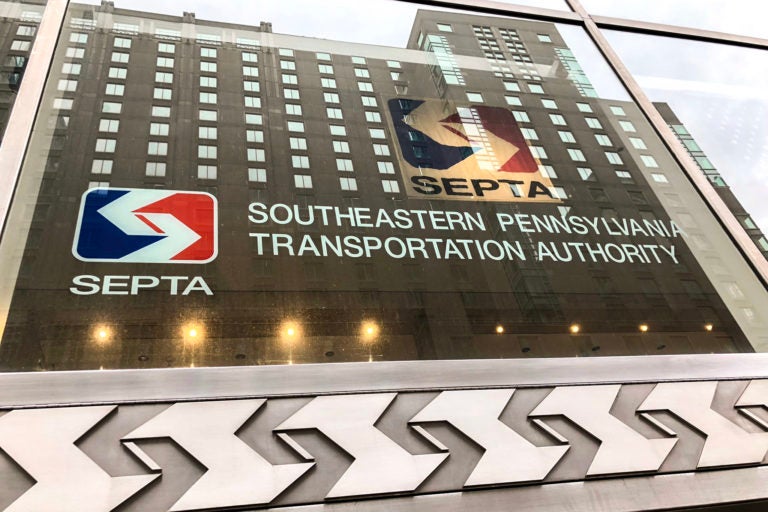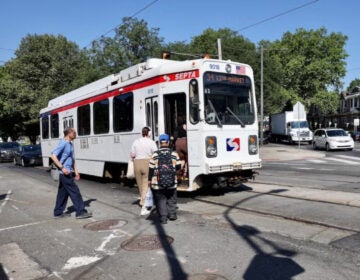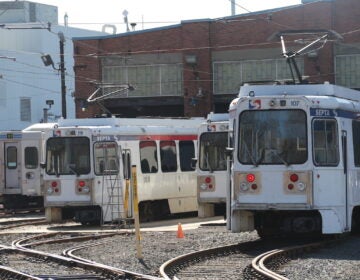SEPTA to gradually restore services cut in pandemic under new budget
The spending plan relies on federal dollars to bring back services and maintain staffing levels with a freeze on new hires.

SEPTA headquarters (Danya Henninger/Billy Penn)
SEPTA finalized its $1.52 billion operating budget and $619 million capital budget Thursday with the agency’s board passing a spending plan that relies on federal dollars to gradually restore some services cut during the pandemic.
The spending plan allows for service on buses, subways, and trolleys to return to 96% of pre-COVID levels. Over the course of the year, the agency expects to restore Regional Rail service to 80% in hopes of luring suburban commuters back to transit as they return to downtown workplaces.
The operating budget also includes a freeze in fare increases and more money for cleaning and security.
Both the capital budget and 12-year plan lay out the authority’s vision for continuing core infrastructure improvements and advancing projects of significance for the region such as the modernization of its aging trolley network, the extension of high-speed rail to King of Prussia, and various station accessibility projects.
The budget also highlights the looming threat of the expiration of the state’s Act 89 funding mechanism set to end in July 2022. The change could reduce the authority’s capital budget by a third, leading to deferred projects if there is no resolution.
“Critical infrastructure repairs and fleet replacements that are needed to keep the system going every day are at risk, as are the projects of significance that would support job growth and our economy,” SEPTA General Manager Leslie Richards said.
Transit advocates have called on Richards to prioritize spending on improvements to core transit services such as buses and the slow-going trolley modernization plan.

Subscribe to PlanPhilly
WHYY is your source for fact-based, in-depth journalism and information. As a nonprofit organization, we rely on financial support from readers like you. Please give today.








